EDITORIAL
A constitution is a set of fundamental rules determining how a country or state functions in all spheres. Almost all constitutions are “codified”, meaning they are written down clearly in a specific document called “the constitution”. However, some countries, such as Israel, New Zealand and the United Kingdom, have “un-codified” constitutions. Constitutions usually include the following essential elements:
- An introductory ideological statement setting out the purpose of the constitution, known as a preamble.
- A detailed description of how power is to be distributed between the three branches of government – the legislature, executive and judiciary – as well as between national and state levels of government
- A guarantee of certain fundamental rights enjoyed by individual citizens of the country.
The constitution of Pakistan is the supreme law of the land. It is a codified constitution defining all the organizations of public life. It covers fundamental rights, the form of governance and federalism. Article one of the constitution sets out the principal objective of the state.
The Republic and its territories
(1) Pakistan shall be a Federal Republic to be known as the Islamic Republic of Pakistan, hereinafter referred to as Pakistan.
(2) The territories of Pakistan shall comprise :-
(a) the Provinces of Baluchistan, the North-West Frontier, the Punjab and Sind; (b) the Islamabad Capital Territory, hereinafter referred to as the Federal Capital; (c) Federally Administered Tribal Areas; and
(d) such States and territories as are or may be included in Pakistan, whether by accession or otherwise.
(3) Majlis-e-Shoora (Parliament) may by law admit into the Federation new States or areas on such terms and conditions as it thinks fit.
Pakistan is a federal republic. Federalism is the foundation of the state. It is not a unitary state. Then, Pakistan is a republic, not a dictatorship, autocracy or monarchy.
What is a federal state? In federal systems, political authority is divided between two autonomous sets of governments, one national and the other subnational, which operate directly upon the people. Usually, a constitutional division of power is established between the federal government, which exercises authority over the whole national territory, and provincial governments, which exercise independent jurisdiction within their territories.
What is a republic state? Republic is a form of government where citizens’ representatives rule a state or organize the governance of the state. Modern republics are founded on the idea that sovereignty rests with the people, though who is included and excluded from the category of the people has varied across history. Because citizens do not govern the state themselves, but through representatives, republics may be distinguished from direct democracy, though modern representative democracies are by and large republics. The term republic may also be applied to any form of government in which the head of state is not a hereditary monarch or unrepresentative ruler.
The other part of article one of the constitution defines the provinces and territories of the state of Pakistan. It also lays down the procedure and competence of the accession and other admission forms. The article explains the nature and extent of the geographical orientation of the state of Pakistan.
The interpretation and explanation of the article are self-explanatory. It does not involve complex connotations or intricacies of the legal, linguistic expression. It simply states that Pakistan is a federal republic. Then, why don’t we accept the most straightforward phrase? Pakistan is constitutionally a federal republic but practically a dictatorially centralized state. So, this is how we care about our constitution. Even the foundation is compromised. Pakistan is a country of de-facto power, and de-jure interpretations and explanations remain limited only to books and judgments. The dissection of the article is fascinating. Let’s dissect it!
Is Pakistan a federal state? Yes, it is because article 1 of the constitution not only stipulates it but stamps it on the documents of the state organizations. However, it is not the case. Pakistan is practically not a federal state. The power distribution of the Federation of Pakistan is unique. Schedule IV of the constitution defines the power distribution between the Federation and provinces. Almost all federations of the world distribute the powers between national and provincial governments without evolving a common platform for sharing power. The Federation of Pakistan is sensitive to power distribution. Therefore, a common platform in the name of counsel of common interests is established and astonishingly, the common powers of the Federation and provinces are handed over to the Federation. Hence, the Federation has 77 powers, making the Federation of Pakistan the strongest Federation in the world. The Federation has 59 exclusive powers of federal legislative part I and 18 common powers of CCI. Critics attribute it a power concentration.
However, even then, the Federation disliked the 18th amendment that empowered the provinces in the residuary domains. Even the 18th amendment of the constitution has provided the provinces with ten elemental powers. Critics contend that if the powers of law and order, health, education, agriculture, and revenue land are withdrawn, the provinces shall cease to exist. Then, it does not end here. The Federation controls the provinces by appointing their federal officers in the residuary domains of provinces. They control the provinces by appointing the chief secretary and IG of the Police. These appointments make the Chief Minister and provincial cabinet redundant in their province and merely in the residuary domain. It establishes that the Federation controls the 59 subjects of the Federation, 18 common subjects of the CCI, and even control the ten fundamental subjects of the provinces by appointing their officers. The federal government controls the districts, divisions, and provinces through its officers. Hence, there is no exclusive domain left for the provinces. It proves that Pakistan is not a federation but a hotchpotch of a federation.
Pakistan has the challenges of federalism. Then, it is not a republic government. It is always a dictatorial government. The long eras of general Zia and Musharraf vindicate that the cardinals the article 1 of the constitution never implemented, and the constitution remained a paper dustbin for dictators. Even the so-called democratic regimes do not represent the republic orientation of the constitution. The republic democracy has never been prevalent in the state structures of Pakistan. The ideals of republic state, like those of participation, representation, inclusion, and will of the people, are farfetched to the cause of a republic of Pakistan.
The argument explicitly vindicates that the ideals of the constitution are a distant dream. The foundation of the state of Pakistan is a federal republic. One can quickly grasp the argument of what we have done to our constitution and the state. Mere reading and understanding of article one of the constitution vindicate that Pakistan is neither a federal nor a republic state. It establishes how much we need to implement the foundation of the constitution.



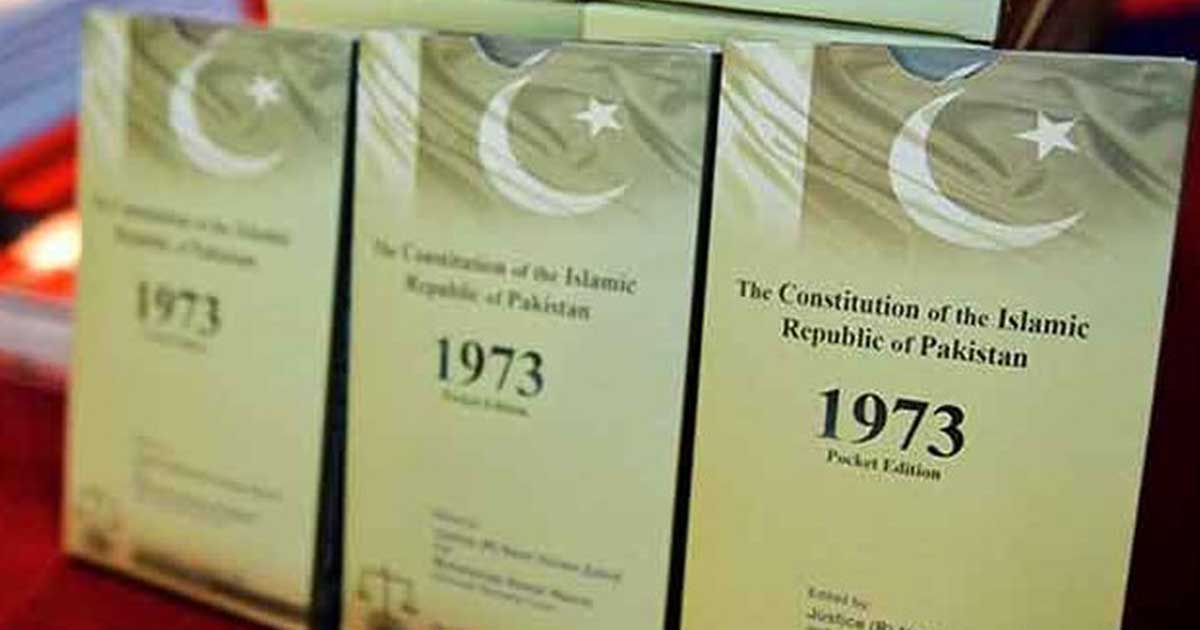



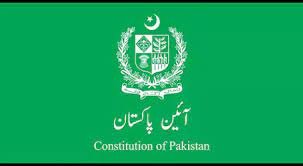
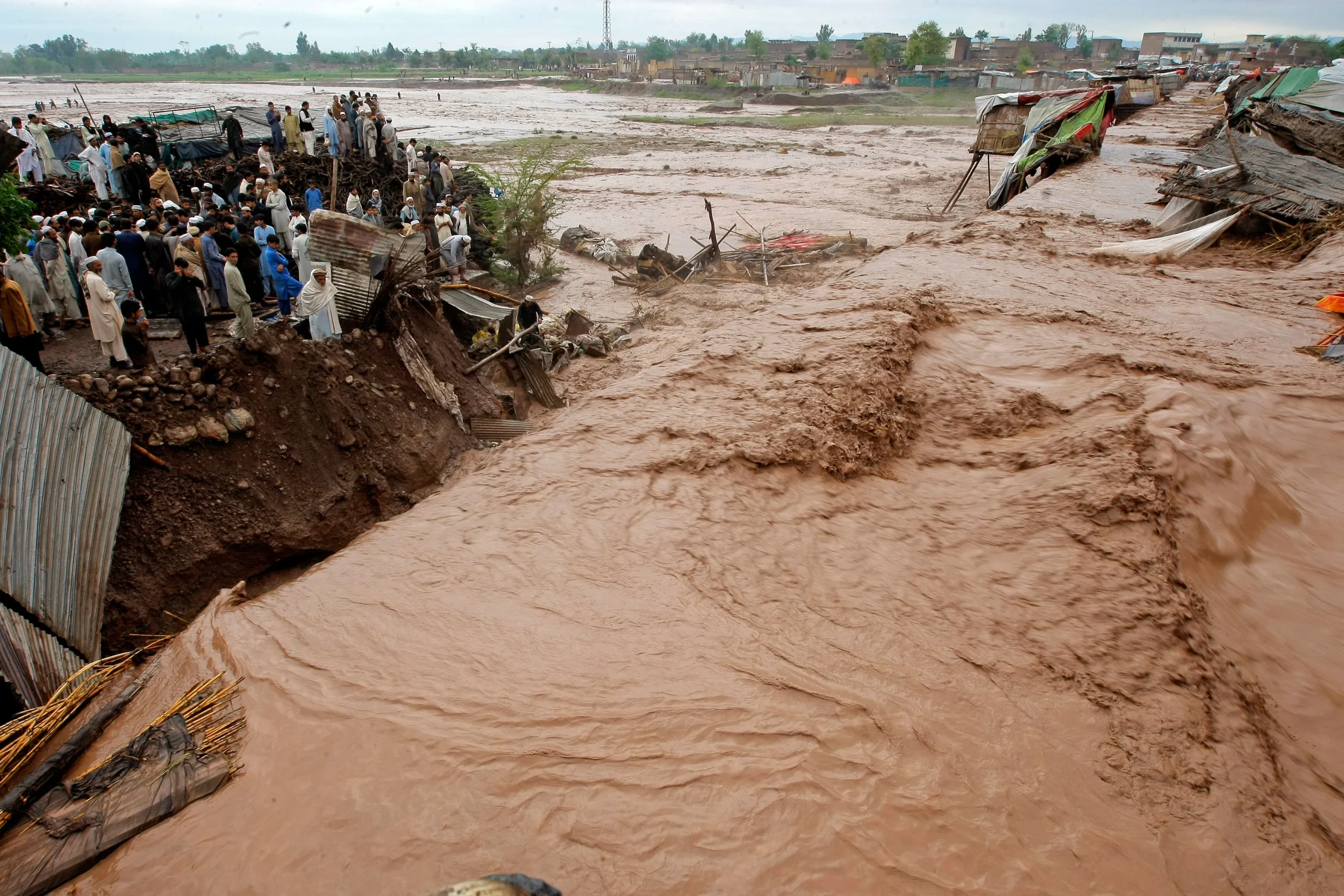
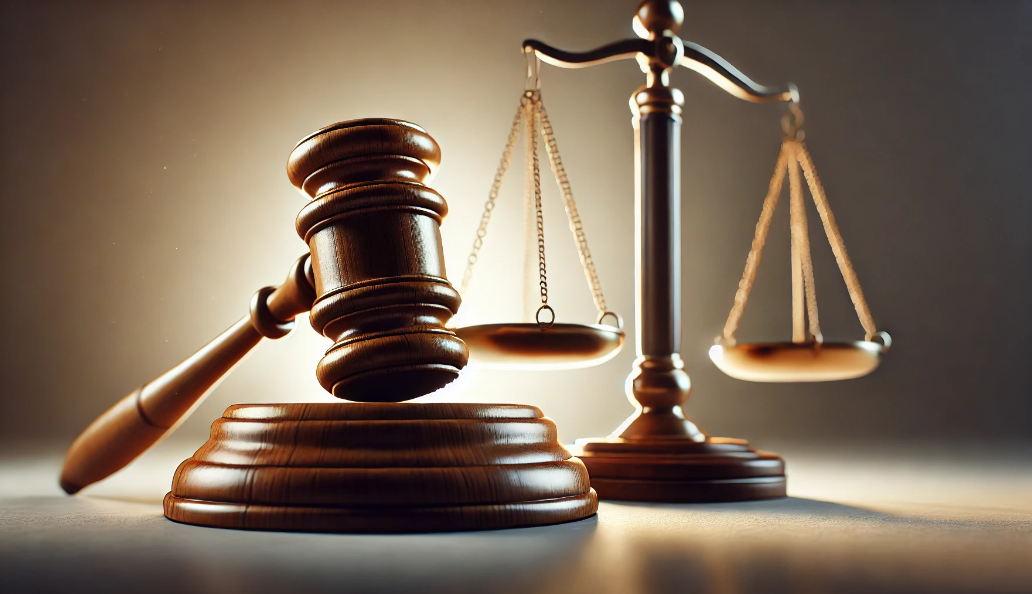
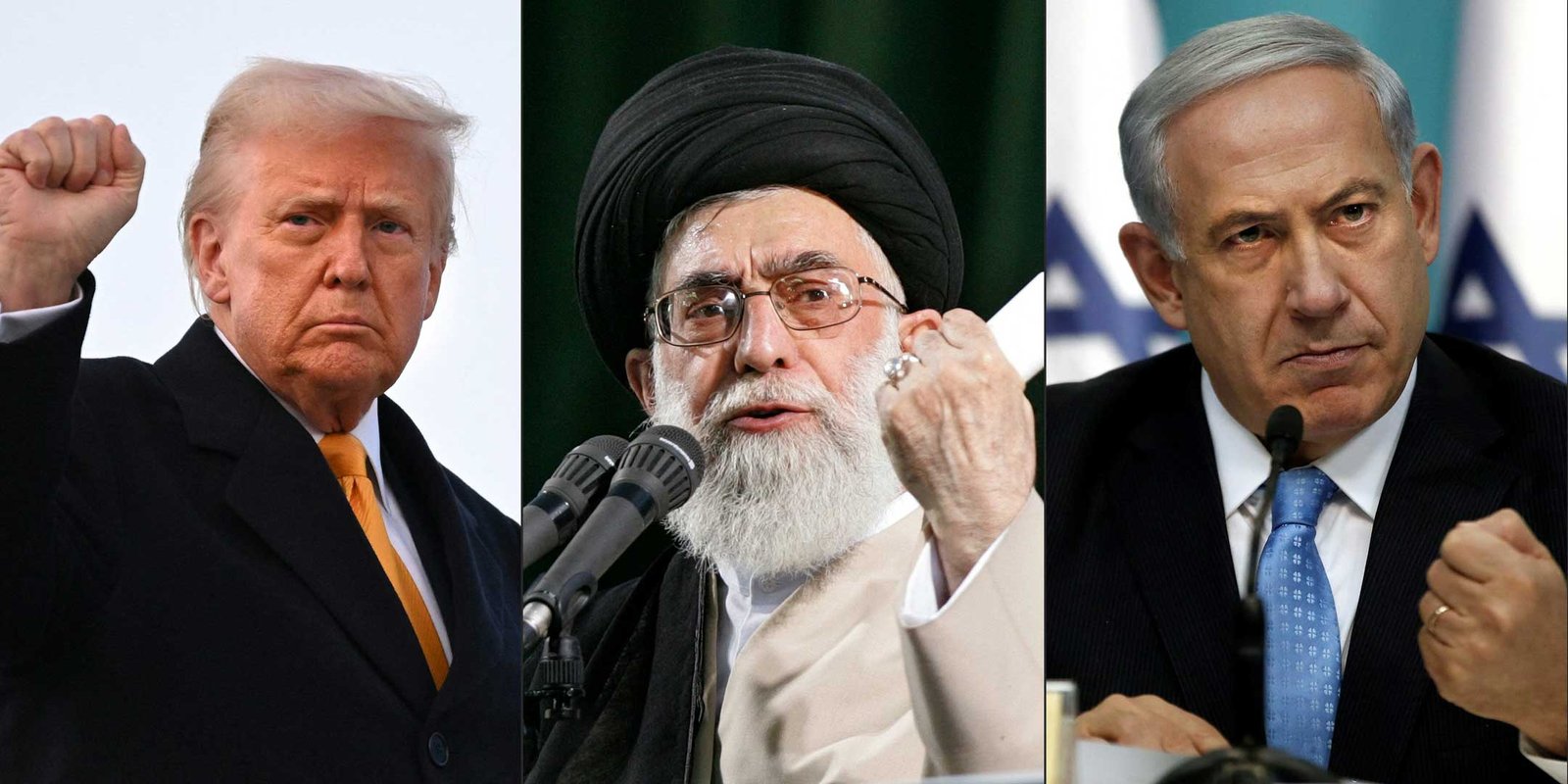
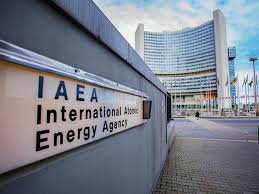






1 thought on “A Constitutional denial; Explaining Article 1 of the Constitution of Pakistan”
A very well written article.